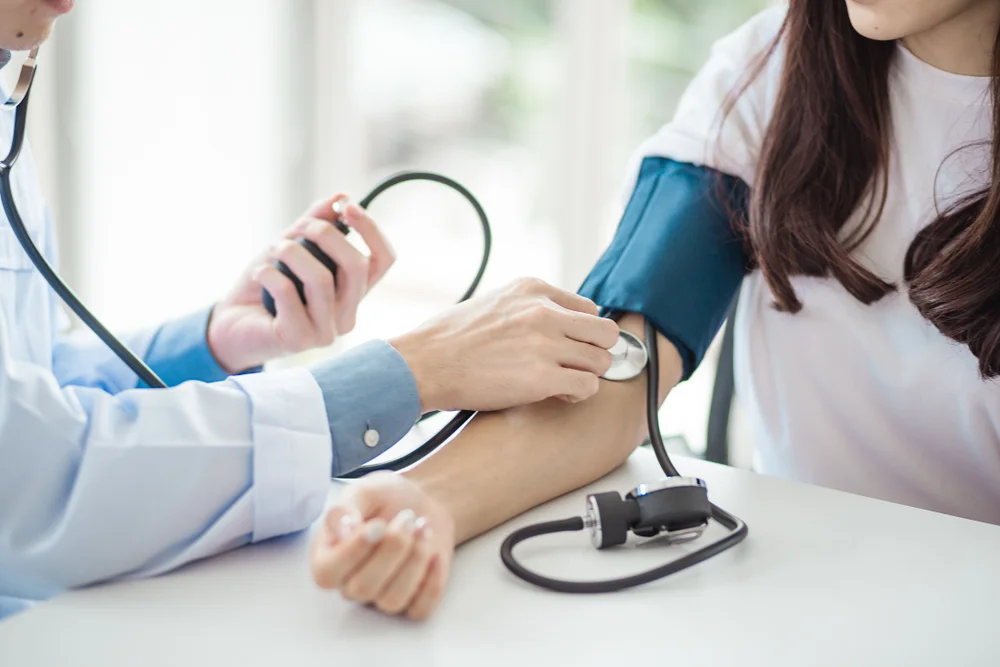
We live in a fast-paced society where taking care of our health is frequently neglected. Blood pressure is one thing that should never be disregarded. An understanding of and ability to naturally regulate blood pressure is essential for good health. We'll look at cutting-edge strategies in this post that can help you control your blood pressure and beat the clock. You may wonder if medication is necessary to bring the numbers down. But lifestyle plays a vital role in treating high blood pressure. Controlling blood pressure with a healthy lifestyle might prevent, Delay or reduce the need for medication.
Understanding Blood Pressure
There is more to blood pressure than just numbers. It consists of the diastolic and systolic pressure readings. To effectively regulate blood pressure, one must first understand the normal range and the meaning of these results. A systolic pressure of less than 120 mmHg and a diastolic pressure of less than 80 mmHg are commonly used to characterize the normal blood pressure range. The common expression for this is "120/80 mmHg.Maintaining blood pressure within the normal range is crucial for overall health and well-being. Consistently elevated blood pressure, known as hypertension, can lead to serious health complications.
Health Risks of High Blood Pressure
Cardiovascular Diseases: One of the most significant risks is the development of cardiovascular diseases. High blood pressure can lead to the hardening and narrowing of arteries (atherosclerosis), increasing the likelihood of heart attacks and strokes.
Heart Failure: The heart has to work harder to pump blood when blood pressure is elevated. Over time, this strain can weaken the heart, leading to heart failure—a condition where the heart can't pump blood efficiently.
Kidney Damage: The arteries surrounding the kidneys may be damaged by high blood pressure, making it more difficult for the organs to filter blood effectively. This may lead to renal failure or, in more severe cases, renal disease.
Vision Impairment: Hypertension can damage the blood vessels in the eyes, leading to vision problems and, in extreme cases, contributing to blindness.
Peripheral Artery Disease (PAD): Narrowing of the arteries due to high blood pressure can also affect blood flow to the extremities, leading to PAD. This condition can result in pain, cramping, and reduced mobility.
Aneurysms: Chronic hypertension is associated with an increased risk of cognitive decline and dementia. Reduced blood flow to the brain can contribute to the development of conditions such as Alzheimer's disease.
